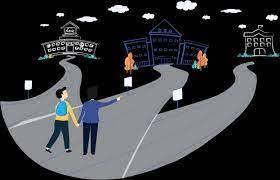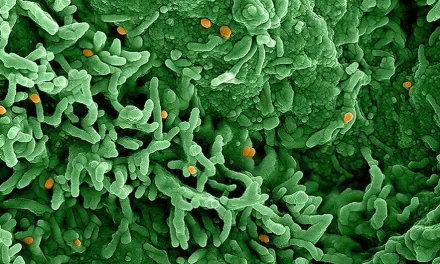In a heated congressional hearing, Dr. Anthony Fauci, the former top U.S. infectious disease expert, vehemently denied allegations that he suppressed the theory suggesting COVID-19 originated from a lab leak in China. Speaking before the House Oversight and Accountability Select Subcommittee on the Coronavirus Pandemic, Fauci addressed long-standing accusations that he influenced research on the virus’s origins, categorically stating that he never intervened to shape scientific inquiry.
“This idea that I suppressed the lab leak theory is categorically false,” Fauci asserted during his testimony, marking his first public response since a closed-door session earlier this year. Emphasizing his belief in the plausibility of the virus originating from animal-to-human transmission, Fauci dismissed claims that he disparaged the lab leak theory as a conspiracy.
“I’ve consistently maintained that considering a lab leak as a possible origin is not inherently a conspiracy theory,” Fauci clarified, pushing back against what he described as distortions of his stance on the matter.
The hearing, convened to investigate the virus’s origins, also brought to light contentious issues surrounding transparency within the National Institutes of Health (NIH). Committee members revealed emails indicating attempts by NIH officials to evade Freedom of Information Act (FOIA) requests, raising concerns about accountability and public disclosure.
Fauci addressed these revelations, distancing himself from allegations of email misconduct involving his longtime adviser, David Morens. While acknowledging their professional relationship, Fauci stressed that he did not oversee Morens directly and denied using personal email for government business, contrary to Morens’ testimony.
“I have always adhered to NIH policies and never sought to evade FOIA requests,” Fauci affirmed, refuting claims of impropriety in handling official communications.
Amidst the scrutiny, Fauci also shared the personal toll of his public role, recounting threats and harassment directed at him and his family. Criticized by some Republican lawmakers for his pandemic response and advocacy of COVID-19 vaccines, Fauci highlighted the broader challenges facing public health officials amidst polarized political discourse.
As the investigation into COVID-19’s origins continues, Fauci’s testimony underscores the complexities of navigating scientific inquiry and public scrutiny in the aftermath of a global health crisis.












